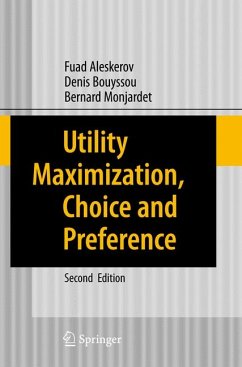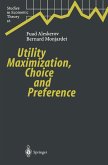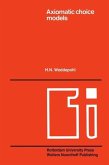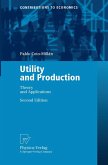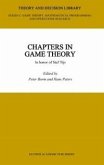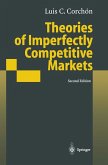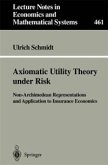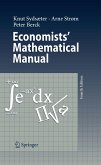Dieser Download kann aus rechtlichen Gründen nur mit Rechnungsadresse in A, B, BG, CY, CZ, D, DK, EW, E, FIN, F, GR, HR, H, IRL, I, LT, L, LR, M, NL, PL, P, R, S, SLO, SK ausgeliefert werden.
"The book provides an excellent account of many aspects of the theory of preference, utility, and choice, in particular in the finite case. It provides valuable information for researchers as well as a sound basis for a graduate course ... ." (Douglas S. Bridges, Siam Review, Vol. 50 (3), 2008)

